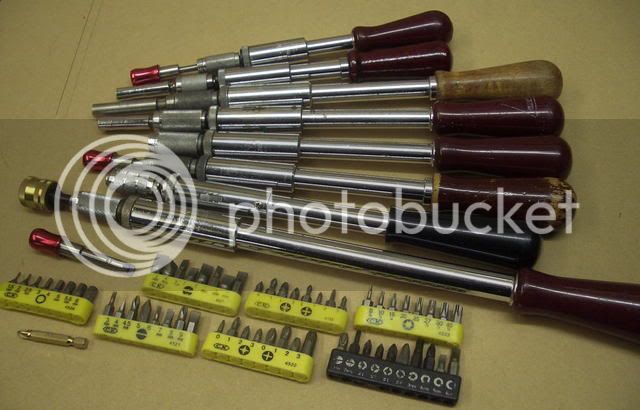RogerP
Established Member
I'm having tiles fitted in the kitchen and will need to remove 15mm or so from the door bottoms. I expect I'll spend ages fighting to remove six hinges (3 per door) that have been there 70 years and have completely messed up driver slots. Is there a way to cut off the bottom without removing? Would any of the oscillating tools do the job? Anyone tried - anyone know?


































